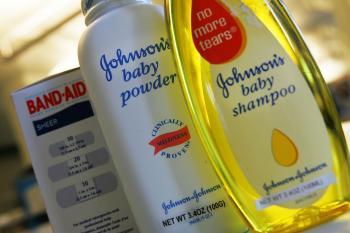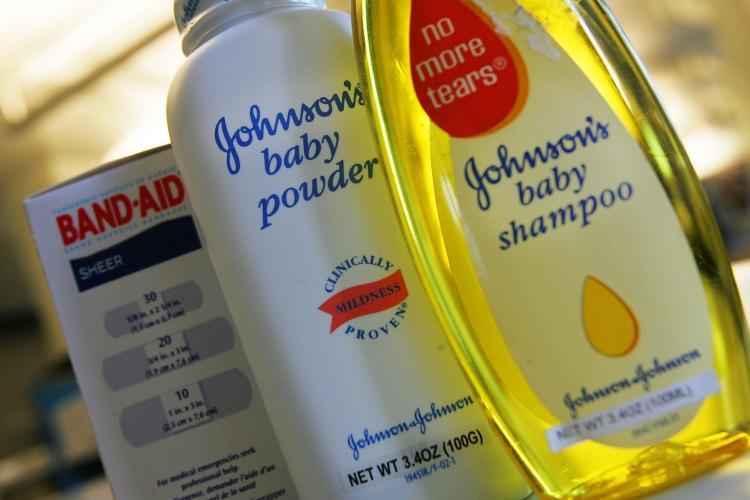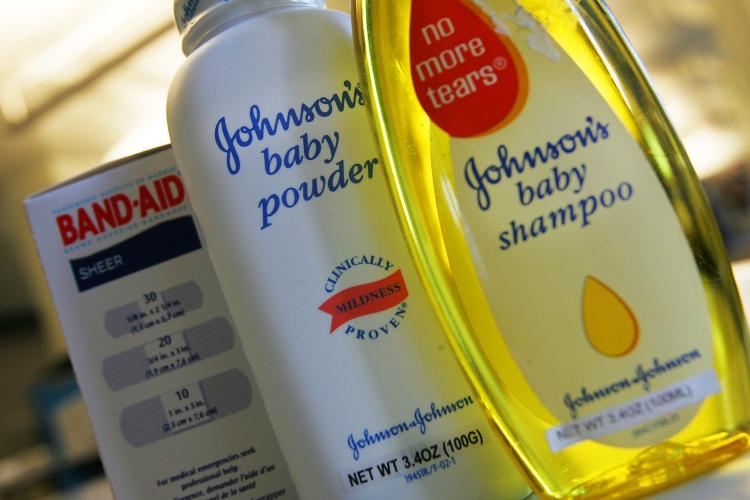NEW YORK—Johnson & Johnson Co., one of the world’s biggest pharmaceutical and medical devices makers, admitted that it may have violated the U.S. Foreign Corrupt Practices Act (FCPA) and agreed to pay around $70 million to settle the charges.
Foreign subsidiaries of J&J, based in New Brunswick, N.J., bribed doctors in Europe and offered kickbacks to authorities in Iraq in order to win business, the U.S. Securities and Exchange Commission (SEC) alleged.
The FCPA forbids any U.S.-based company from paying bribes to foreign government officials to facilitate business.
According to the complaint, J&J, through its various subsidiaries, bribed public doctors in Greece, hospital administrators in Poland, and doctors in Romania in order to sell its drugs and implants. Certain J&J units also offered kickbacks to officials in Iraq to obtain 19 contracts under the United Nations Oil for Food program. The bribes date as far back as 1998.
“J&J chose profit margins over compliance with the law by acquiring a private company for the purpose of paying bribes, and using sham contracts, offshore companies, and slush funds to cover its tracks,” said Robert Khuzami, SEC’s director of enforcement in a statement.
To settle the charges, J&J will pay $48.6 million in disgorgement and prejudgment interest, the SEC said. In addition, it would pay $21.4 million to settle parallel Department of Justice charges.
“We are deeply disappointed by the unacceptable conduct that led to these violations,” said William Weldon, CEO of J&J, in a statement. “We have undertaken significant changes since then to improve our compliance efforts, and we are committed to doing everything we can to ensure this does not occur again.” J&J said that its head office was unaware of the actions of its foreign subsidiaries at the time.
J&J “embraces responsible corporate behavior,” Weldon said.
The fines are a result of the Obama administration’s late 2009 inquiry into business practices of the pharmaceutical industry as a whole. According to government officials, companies have cooperated with the probe.
The pharmaceutical giant—through its British orthopedic subsidiary DePuy International Ltd.—also recently settled similar charges occurring in Greece, with the United Kingdom Serious Fraud Office, by paying around 4.8 million pounds (US$7.9 million).
UK officials claimed that DePuy made corrupt payments to Greek health professionals to purchase its products, with the payments sometimes as much as 20 percent of the cost of the medical products.
As for its Iraq-related payments, J&J claimed that the Saddam Hussein-led Iraq government required foreign companies to pay a 10 percent fee to do business with its government-owned agencies.
J&J acknowledges its responsibilities in its case with the Department of Justice, but settled with the SEC without admitting or denying its allegations. In 2007, J&J voluntarily approached U.S. government agencies after it found out that its foreign subsidiaries may have made improper payments abroad.
Other FCPA-related settlements may be in the works. Eli Lilly & Co. recently disclosed that it had received inquiries from the U.S. government related to its business practices in Poland and a number of other nations.
Foreign subsidiaries of J&J, based in New Brunswick, N.J., bribed doctors in Europe and offered kickbacks to authorities in Iraq in order to win business, the U.S. Securities and Exchange Commission (SEC) alleged.
The FCPA forbids any U.S.-based company from paying bribes to foreign government officials to facilitate business.
According to the complaint, J&J, through its various subsidiaries, bribed public doctors in Greece, hospital administrators in Poland, and doctors in Romania in order to sell its drugs and implants. Certain J&J units also offered kickbacks to officials in Iraq to obtain 19 contracts under the United Nations Oil for Food program. The bribes date as far back as 1998.
“J&J chose profit margins over compliance with the law by acquiring a private company for the purpose of paying bribes, and using sham contracts, offshore companies, and slush funds to cover its tracks,” said Robert Khuzami, SEC’s director of enforcement in a statement.
To settle the charges, J&J will pay $48.6 million in disgorgement and prejudgment interest, the SEC said. In addition, it would pay $21.4 million to settle parallel Department of Justice charges.
“We are deeply disappointed by the unacceptable conduct that led to these violations,” said William Weldon, CEO of J&J, in a statement. “We have undertaken significant changes since then to improve our compliance efforts, and we are committed to doing everything we can to ensure this does not occur again.” J&J said that its head office was unaware of the actions of its foreign subsidiaries at the time.
J&J “embraces responsible corporate behavior,” Weldon said.
The fines are a result of the Obama administration’s late 2009 inquiry into business practices of the pharmaceutical industry as a whole. According to government officials, companies have cooperated with the probe.
The pharmaceutical giant—through its British orthopedic subsidiary DePuy International Ltd.—also recently settled similar charges occurring in Greece, with the United Kingdom Serious Fraud Office, by paying around 4.8 million pounds (US$7.9 million).
UK officials claimed that DePuy made corrupt payments to Greek health professionals to purchase its products, with the payments sometimes as much as 20 percent of the cost of the medical products.
As for its Iraq-related payments, J&J claimed that the Saddam Hussein-led Iraq government required foreign companies to pay a 10 percent fee to do business with its government-owned agencies.
J&J acknowledges its responsibilities in its case with the Department of Justice, but settled with the SEC without admitting or denying its allegations. In 2007, J&J voluntarily approached U.S. government agencies after it found out that its foreign subsidiaries may have made improper payments abroad.
Other FCPA-related settlements may be in the works. Eli Lilly & Co. recently disclosed that it had received inquiries from the U.S. government related to its business practices in Poland and a number of other nations.






